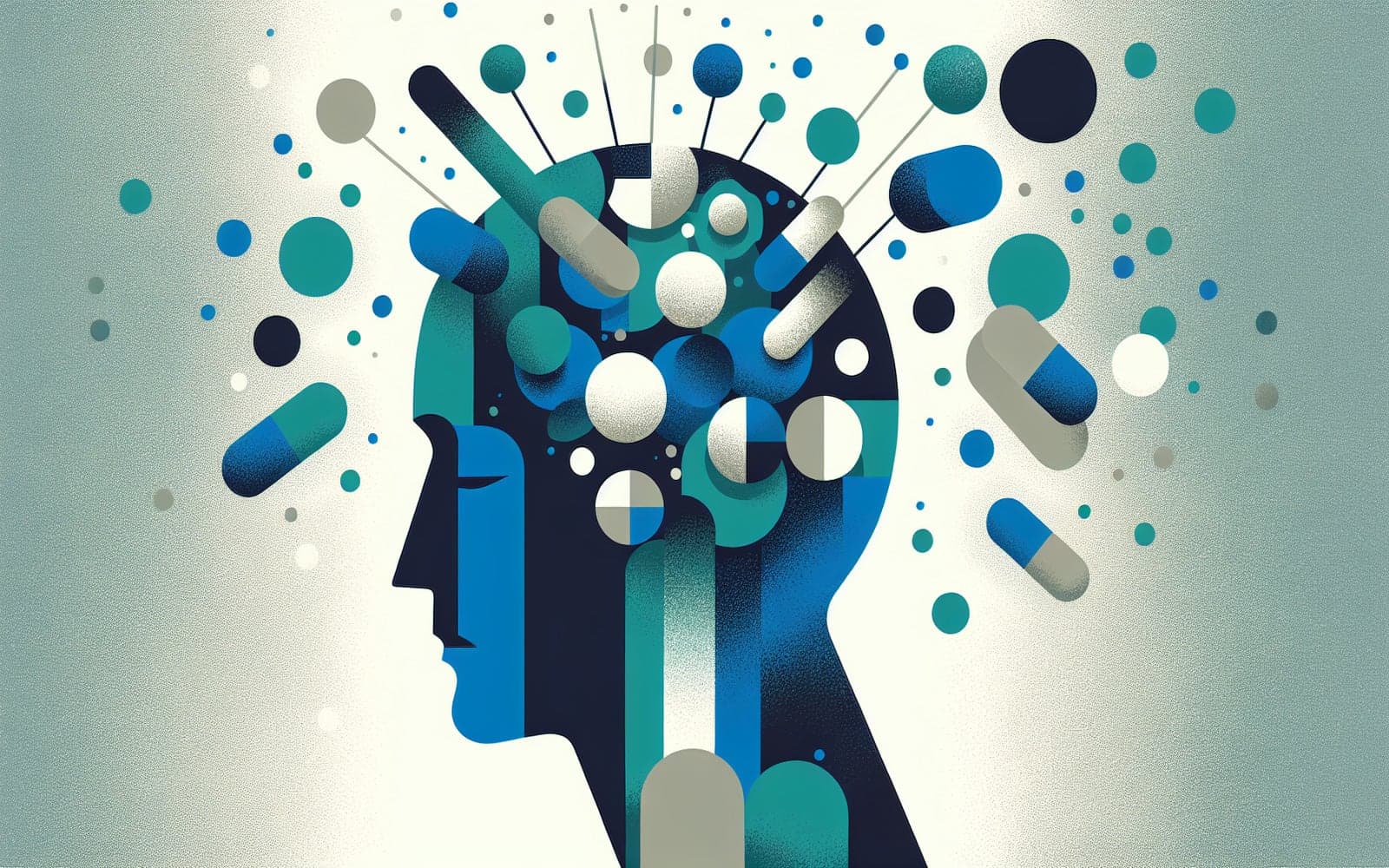Can Common Headache Treatments Help with Post-Traumatic Headache?
Published: Feb 06, 2024

Medically reviewed by Alan Lucks | MD, Alan Lucks MDPC Private Practice - New York on February 6th, 2024.
Post-traumatic headaches (PTH) can be a stubborn problem after a brain injury, but what are the best ways to treat them? Let's explore the treatment options available.
Contents
Treating PTH with Medications
Treatments for PTH often borrow from those used for migraines and tension-type headaches. Initial options include common pain relievers like ibuprofen or acetaminophen. For more persistent headaches, medications like triptans or CGRP antagonists are considered.
Preventive Strategies for PTH
For chronic PTH, preventive medications aim to reduce headache frequency and severity. Options include antihypertensives like metoprolol or candesartan, and antidepressants like amitriptyline. These choices depend on the headache type and patient preferences.

Non-Pharmacologic Alternatives
Some prefer non-drug approaches due to medication side effects or preferences. Alternatives include physical therapy, regular exercise, and stress management techniques. These methods can complement or even replace pharmacologic options.
Frequently Asked Questions
Common options include ibuprofen, acetaminophen, and triptans.
Yes, options include metoprolol and amitriptyline.
Yes, physical therapy and stress management can be beneficial.
Key Takeaways
Could a tailored approach improve outcomes for PTH sufferers?
Explore treatment options with Doctronic to find what works for you.Related Articles
References
Ashina H, Iljazi A, Al-Khazali HM, et al. Efficacy, tolerability, and safety of erenumab for the preventive treatment of persistent post-traumatic headache attributed to mild traumatic brain injury: an open-label study. J Headache Pain 2020; 21:62.
Zeeberg P, Olesen J, Jensen R. Efficacy of multidisciplinary treatment in a tertiary referral headache centre. Cephalalgia 2005; 25:1159.
This article has been reviewed for accuracy by one of the licensed medical doctors working for Doctronic. Always discuss health information with your healthcare provider.

